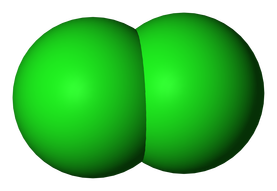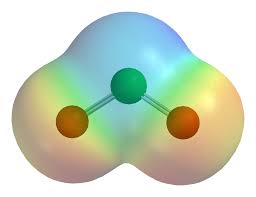Chlorine vs. Chlorine Dioxide
While chlorine dioxide has chlorine in its name, its chemistry is radically different from that of chlorine. It has to do with the way electrons interact with one another. Chlorine dioxide and chlorine - because of their fundamentally different chemistries - react in distinct ways with organic compounds, and as a result generate very different by-products.
|
|
Chlorine |
Chlorine Dioxide |
|
Effectiveness
Contact Time Residual Biofilms Toxicity Corrosion pH Phenol |
Medium Spectrum
Is ineffective against complexorganisms (e.g.: Cysts & Protozoa) Longer contact time 1.0 ppm Does not remove biofilm Produces unwanted by-productsincluding carcinogens Is corrosive and unpleasant to handle Is pH Dependent and very in effective above pH 7 Limited oxidative effect against various chemical contaminants. Formschlorinated phenols |
Broad Spectrum
Shorter contact time than Chlorine 0.2 - 0.4 ppm Will remove biofilm and thus clean tanks and pipes Does not form chlorinated by-products Is much less corrosive than chlorine. Does not hydrolyse to form an acid Effective at wide pH Range: 3-10 Destroys phenols (without forming chlorinated phenols) specificdestruction of Hydrogen Sulphides. Destruction of a wide range of chemical contaminants |


